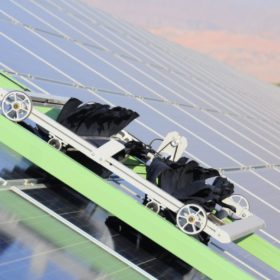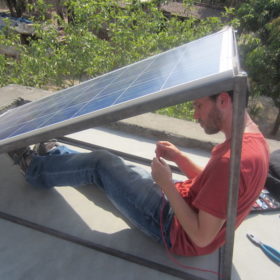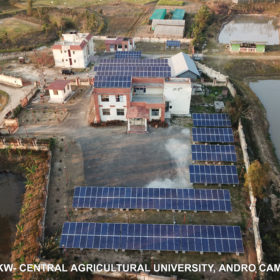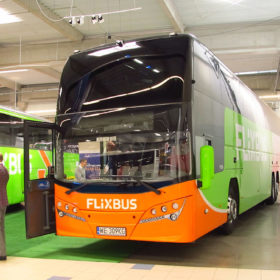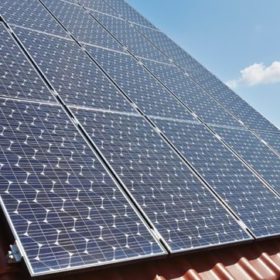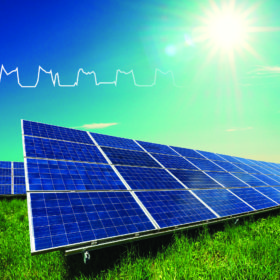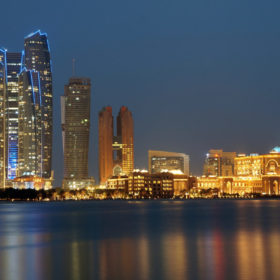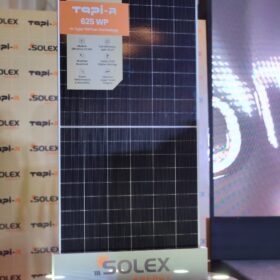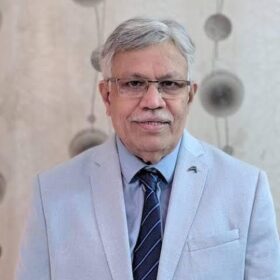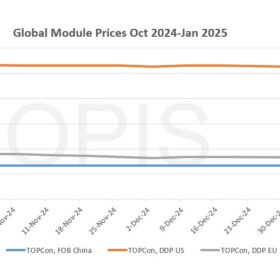Ecoppia to deploy cloud-based robotic cleaners for over 400 MWp Fortum solar projects
The Israeli developer of module cleaning robots—which has secured over 7 GW of projects globally—will deploy its connected and water-free E4 solution for Fortum projects in Pavagada and Bhadla solar parks.
Andhra Pradesh proposal casts doubt on India’s renewable sector: Rystad Energy
India may fall around 7 GW short of its ‘60 GW by 2022’ utility-scale solar target if the power purchase agreement revision proposal by the state government is implemented.
Solar Village Project aims to raise $15,000 for 3 schools through crowdfunding
The US-based non-profit organization will use the amount to install solar panels in three schools of Maharashtra and also fund 300 solar lights for the students. Its partner in these projects, Think Sharp Foundation, will also use the power generated for digital learning tools and libraries.
New metallization tech to reduce microcracks in solar cells
A U.S. research group has developed a metal-carbon-nanotube composite – MetZilla – which can be embedded in commercial, screen-printable silver pastes and is said to reduce the formation of hotspots in solar modules and to prolong panel lifespan. The composite metal contacts are also ‘self-healing’ as they are able to regain electrical continuity after cycles of complete electrical failure caused by extreme strain.
UNDP tenders 91.5 KWp off-grid solar in Assam and Jharkhand
Prospective developers have until November 18 to submit bids for standalone PV systems, with inverter and lead-acid batteries, at various government high schools, health sub-centres and Anganwadi Centres.
European carrier plans hydrogen buses for long-distance routes
German coach company planning start-up Flixbus will test hydrogen fuel cell vehicles on long-distance routes.
Gujarat seeks to empanel rooftop solar installers for government buildings
November 28 is the last date for EPC installers to submit the rates for different capacities of grid-connected rooftop solar systems on government buildings.
New material for radiative cooling of solar panels
Spanish researchers have discovered a material said to offer radiative cooling and self-cleaning of devices which undergo critical heating during operation, such as PV panels. The thermal emitter enabled the scientists to lower the daytime temperature of silicon wafers by 14 degrees Celsius.
Abu Dhabi’s Masdar invests $150 milion in Hero Future Energies
The clean tech company will use the amount to fund its expansion as it plans to reach 5 GW of solar capacity in the next two or three years.
Tata Power to develop 50 MW in Gujarat’s Dholera Solar Park
With this award, the company’s solar capacity under implementation in the state has now swelled to 400 MW, including another 250 MW in Dholera Solar Park and 100 MW in Raghanesda Solar Park.
